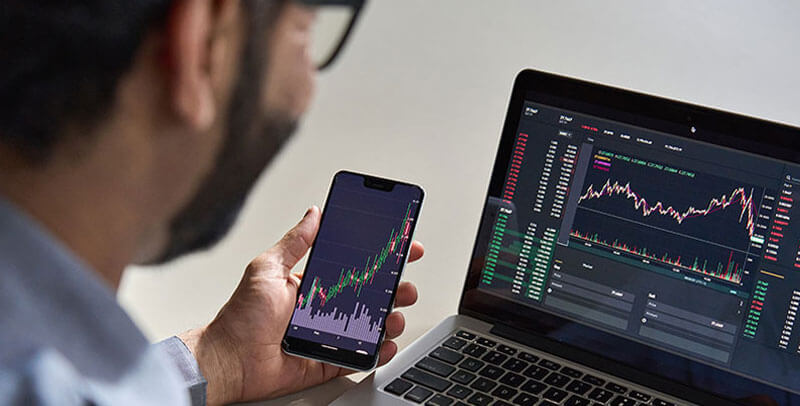Investment Banking: Navigating the New Normal Amid COVID-19
People today are looking to invest their money in organizations where they can lay trust. Apart from technology adoption, new competent entrants in the market has let the clients with numerous choices. With more competition than ever, investment banks are bound to prove their value to clients in fields other than finance.
It is anticipated that the investment banking software market will see huge growth in the future by 2020-2028 as per global investment banking software market data.
As the digitalization of investment banking continues, they are shifting from traditional functional roles to a more sophisticated way of administration. As they change from legacy IT systems to modern services, they may outsource their new cloud systems and digital solutions to third parties. Banks might consider acquisitions, add new apps, and services.
Since the crisis, most of the investment banks are reviewing their strategies multiple times. They are occupied to scale back their business, withdraw from geographies, asset classes, and customer segments while reducing their workforce. Further, regulators have forced major global investment banks to hold more capital and liquidity.
Investment banking leaders are getting innovative in developing new strategic directions or their organizations. They are struggling to radically transform their business models in alignment with the new vision. Henceforth, they are concentrating on reshaping, growing, optimizing, protecting, and controlling their business.
Though digitalization is at the forefront of banks’ operations in the coming years, they also need to prove their commitment to social purpose. Banks are paying closer attention to climate change and taking action toward sustainability. JP Morgan and other bigger companies are looking for ways to go green.
During the pandemic, the regional staff was offered remote work. In the future, the investment banker might use suburban branch offices and shun city-centers. They are becoming more dependent on micro outlets and café-style venues. The adoption of technology has become a pressing issue now. Technology is proving that M&A value can ger commodified. In the middle market, private, online network and SaaS tools have enabled the executives to conduct M&A transactions affordably and at a faster rate.
Goldman Sachs has a Robo-advisor under the Marcus brand. It is an effective way to compete in the asset management industry. An app helps the bank to leverage its research expertise in attracting a new audience.
This approach will benefit the investment banks in the long run, while a career in investment banking will become more challenging. Investment banks will look for employees who can interact with customers in creative ways, collaborate, and express empathy. They prefer employees who have soft skills and technical expertise, can build services and are fast learners who can attract customers.
Its indeed challenging and interesting, right!
So, how to get a job in investment banking n this changing scenario?
As investment banks re-evaluate and reshape their business by building a better ecosystem, the existing and new investment banking professionals must sail through. An investment banking certification would help to row and sail through this investment banking transition.
Apart from investment banking skills, it is necessary to get acquainted with programming and marketing skills to be futuristic. Many professionals are learning Python and using it to automate their trading or risk-management jobs. Big data is becoming an important part of mergers and acquisitions dealings. Artificial Intelligence and cybersecurity measures are becoming the part and parcel of investment banker’s life.
We can foresee a hybrid between fintech services and traditional investment banking services. Get registered for the best investment banking certification program available in the market, get ahead, and stay on the race. Learn new things to position yourself in the investment banking space.









